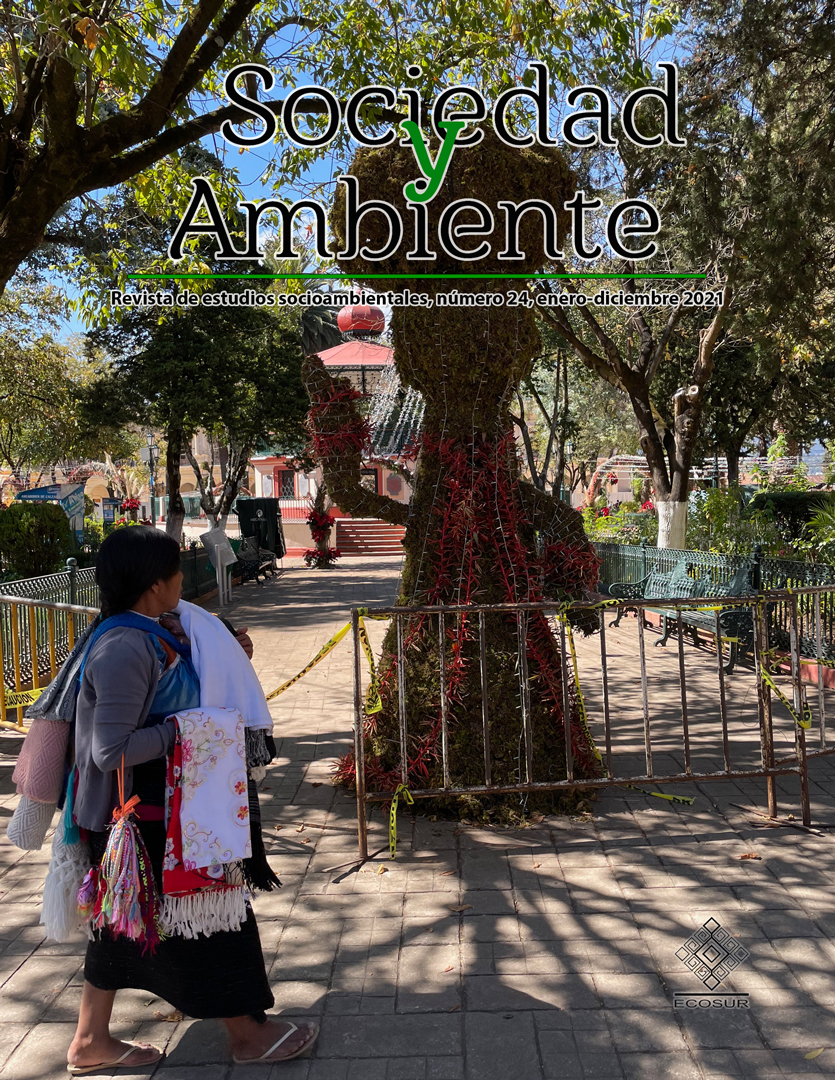Abstract
Urban agriculture in Latin America can be decisive for the food security of the poor sectors of society. In Mexico City, this practice is still incipient due to populational, commercial, and cultural pressures; however, members of civil society promote it through the social construction (SC) that they generate in their spaces. The starting point is the assumption that sustainability begins as SC of the actors involved. Social actors' values, beliefs, and behaviors in urban agriculture gardens (HAU) of different city councils were evaluated to test the hypothesis. Through urban sustainability indicators, the relationship between the elements of SC and the sustainability of the environment was determined. Coyoacán obtained the highest values, followed by Cuauhtémoc, Iztapalapa and Iztacalco. Gustavo A. Madero obtained the lowest values. The contribution is to the knowledge and the possibility of incidence on public policies on environmental sustainability that favor intensifying programs of this type in the jurisdictions that require it.

Sociedad y Ambiente by ECOSUR is licensed under a Creative Commons Reconocimiento-NoComercial-SinObraDerivada 2.5 México License


